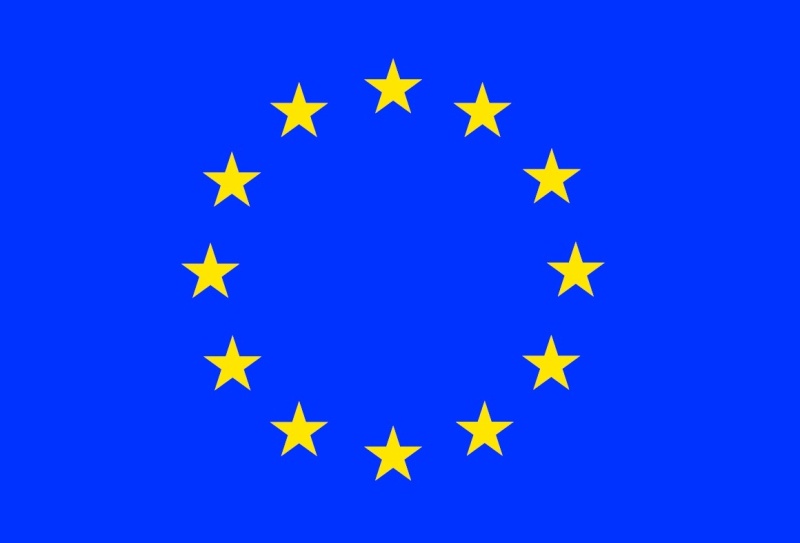
I have been waiting with great excitement to see what Joss Whedon would do next. I have – with admittedly greater trepidation – waited to see where the DCEU was heading. That they have converged in making a Batgirl film ought to delight me. Yet I’m rather ambivalent.
That’s partly because there’s a good chance this pairing won’t lead to anything. DC films loses directors faster than my students lose worksheets they are specifically told they will need again. The most high profile case was Ben Affleck departing the Batman but Wonder Woman also had to execute a mid-development switch and the Flash is arguably now on its fourth director.* So if in six months we read that Whedon is off the project then I won’t be surprised.
Even assuming it happens, there would be issues.
For starters, there are broader problems with the DCEU. It keeps turning out awesome trailers and mediocre film. That doesn’t suggest Whedon will be working with the greatest team.
There is also a definite feeling that superhero films with female leads should have female directors. I’m not sure how I feel about that. So I will note it is a potential issue and move on.
What makes me worry is precisely what makes so many people excited: this seems absolutely perfect for Whedon. A guy who is known for making superhero films and projects with strong female characters, now gets to make a superheroine movie. But doesn’t that mean they’ll be a lot of retreading?
I’d argue that we already saw his take on a woman as a superhero. It was called Buffy the Vampire Slayer and there were a 144 episodes of it. Buffy is essentially Peter Parker with stakes rather than spiderwebbing. The show referenced the Marvel universe repeatedly. Indeed, the Avenger’s catchphrase is used more in Buffy than in the entire MCU!
When Whedon became Marvel’s most important writer, he transfused what he’d taken from the Marvel comics of his youth back into the MCU. And as the franchise became the most successful in the history of cinema, the Whedon way of making superhero films became the default template for the genre as a whole. Even after he left the MCU, it still bore his imprint. A scene from Doctor Strange and Guardians of the Galaxy feel a lot like Buffy or Firefly with bigger budgets. Combine that with the fact that Whedon seems to have been burnt out by Age of Ultron, and it seems reasonable to wonder if Whedon has given all he has to offer to the world of comic adaptations.
He had been seeming to gravitate towards a very different kind of project. He directed an adaptation of a Shakespearean comedy. He wrote a paranormal romance. And he was at one point talking about his next project being: “a historical fiction slash horror movie about a time when the world was going insane, World War II.”
He described the latter idea as being:
“very different from everything I’ve ever done, except for that it’s exactly the same.”
My fear is that instead of that intriguing prospect, we’re now going to get a film that if not quite ‘exactly the same’ feels a lot like Whedon revisiting terrain he’s already conquered. The result is unlikely to be bad but nor does it feel like a full use of one of nerd culture’s greatest talents.
*Given all of this it is remarkable and disappointing that they’ve been unable to lose Zach Snyder




